I posted this article as a link yesterday. Reposting as text so it's easier for redditors to read. Please leave comments on what you think, and leave a clap at the original medium article if you like it. :)
TLDR: To answer the question on whether Nation States should accumulate Bitcoin as part of the national reserves strategy, we define the three goals of a country's reserves and analyse if Bitcoin is the best solution to meet these three goals (spoiler: it is). We also look back at a bold move made by Singapore's Economic Architect in buying gold in secret in 1968, when the US had a gold embargo, which formed the bulk of Singapore's reserves, and show that what El Salvador has done in the last year mirrors the early days of Singapore. (Source: I'm a Singaporean)
The Future of Bitcoin as Part of a Nation’s Reserves
Should nation states accumulate Bitcoin as part of its national reserves’ strategy, and should they make it legal tender?
Torn dollar bill exhibit at GIC office in Singapore, representing the epic strategic move made by Dr Goh Keng Swee to secure Singapore’s first gold reserves in 1968. Image credit: https://andlarry.com/work/gic-office-a-torn-dollar-bill-and-gold-for-singapore
Singapore is one of the richest countries in the world, with a population of just 5 million, ranking 4th in the world in GDP per capita.
However, few people including Singaporeans know the story of how (and more importantly, why) Dr Goh Keng Swee, A.K.A. the Economic Architect of Singapore, built our reserves by circumventing a gold embargo by the US and purchasing gold directly from South Africa.
Picture this: a finance minister of a tiny newly formed sovereign state, going to the president of South Africa’s room, turning the volume of the TV up and striking a deal in secret behind the US’ back. (read more about it here: https://jansenko.medium.com/glittering-gold-ac51d27b5cd6))
He had identified that Singapore had to diversify its reserves, and that US treasury bills which were the bulk of Singapore’s reserves would be a huge risk to the economic stability of Singapore, and that gold was money in extremis. In other words, gold was the hardest money there was, and Singapore had to do what it had to do for its own self-interest, self-preservation, and growth, even if it would later upset the world’s largest superpower.
Sound familiar? If not, it will by the end of this article.
Dr Goh struck a deal and purchased 101,600 kg of gold at US$40 per ounce (about US$140 million).
At current prices, that same amount of gold would be worth about US$7 billion. About a 48X in USD terms. In a way, you could say Singapore was the original hard money hodler, and it paid off in unimaginable ways.
Physical gold today is still extremely hard money, but a better form of hard money has emerged in the form of Bitcoin. Bitcoin has many of the same properties of gold, but is more scarce, easier to store, can move around the world at the speed of light, and is much more difficult to create (mine).
I wrote an article about why Bitcoin is the hardest money in the world back in Oct 2020, and how monetary energy will continue to flow into Bitcoin. You can read it here.
Bitcoin adoption as a key part of countries’ national reserves.
Before answering the question if countries should accumulate Bitcoin in its national reserves, we need to define the goals and objectives of a country’s national reserves.
Protect national currency and provide currency stability (protect against currency attacks)
Buffer against bad times
Endowment to finance current needs
The first goal is to protect against foreign interference and volatility of the currency market. In Singapore’s case, if another country or corporation were to attempt to attack Singapore’s currency by selling a huge amount of SGD at once, Singapore’s MAS will use its foreign reserves to buy back the SGD and maintain price stability. Without a strong reserve, currencies can be subject to attacks which will threaten the savings and livelihoods of everyone in the country.
The second goal is for economic resilience against market cycles and unforeseen downturns. A common trap for third-world and developing countries is that weak national reserves make them unable to handle economic recessions and hardships, which result in them having to borrow money from larger countries or the IMF and World Bank in order to prop up their economy and help the citizens survive. This could have happened to Singapore as well, had we not had strong reserves.
The third goal is related to financing the economic plans a country may have for growth, such as building infrastructure, attracting foreign direct investors, grants, and investments into local companies, etc.
What would Goh Keng Swee do?
With the goals defined, let’s ask ourselves what Dr Goh would have done were he alive today, and the leader of a developing country.
Protecting against currency attacks
A bulk of Singapore’s as well as majority of countries’ foreign reserves are held in USD and other tier 1 currencies. If a country is friendly to the US, the west and China, there shouldn’t be any issues defending the currency against attacks by using the foreign reserves to buy its own national currency if an attacker is selling aggressively. However, if for whatever reason, it chooses to go against someone like the US and the west, its foreign reserves could be held hostage and frozen, and it would not be able to use their currencies that it holds in foreign reserves to save its own currency.
Singapore has condemned the actions of Russia in Ukraine, but it doesn’t change the reality that the US has shown that it can weaponise the dollar, and it poses an unnecessary risk for any country to be holding too much USD, whether you’re a friend of the US or not.
What’s the alternative? If your answer is to hold RMB instead, then as a country, you would just be switching one jailer for another. So you’d find yourself with two remaining options, gold and Bitcoin.
Physical gold as mentioned is still hard money, or money in extremis, but will be hard to liquidate quickly for the purpose of buying back your national currency to defend against attacks. Paper gold trading requires access to traditional banking infrastructure, which may be blocked in the event of economic sanctions like what we see in Russia.
You now find yourself with only one remaining option, Bitcoin. No national or central party controls Bitcoin. It is the most open and fair economic and financial infrastructure known to man. Participants cannot be censored, blocked, or removed from the network. It can interface with the current traditional financial infrastructure, and stand-alone as a decentralised financial layer without any intermediary and outside of anyone’s control. It is also easy to liquidate and gets easier every day as more infrastructure is built around it.
If countries held Bitcoin as reserves, they could use it to back their national currencies and protect their currency. This can be done by selling some of their Bitcoin reserves for their own currency in the event of a currency attack.
As central banks start adoption their own digital currencies, it could even be possible to peg the value of their currencies in relation to another currency or basket of other CBDCs algorithmically and allow redemption of the currency in exchange for Bitcoin and vice versa. Any deviation from peg would allow triangular arbitrage between Bitcoin, the pegged price, and the trading price of the national currency to keep its peg. Fees can be earned by the central bank for currency redemption, which could form another revenue stream for the country.
Buffering against bad times
The covid pandemic resulted in the US printing 80% of all US dollars in existence from Jan 2020 to Oct 2021. If a country holds primarily USD as its reserves, it is effectively putting the country’s economic security in the hands and at the whims of the US federal reserve. The ability for the country to afford what it needs in bad times could be threatened by the actions of the US Fed.
The only options are gold and Bitcoin, and in this case, both playing an equally important role. Gold has proven itself to be a reliable store of value for thousands of years, whereas Bitcoin is still largely correlated to the stock indices, which would perform negatively during bad times. Bitcoin is expected to eventually deviate from its strong correlation to the stock market once it hits a market cap closer to gold’s and is seen less as a high growth tech stock.
Countries should be planning decades ahead, and accumulating Bitcoin now for the purpose of tiding through bad times 20–30 years or even 100 years from now would be an extremely wise and prudent decision. This would be similar to Dr Goh’s decision to purchase gold to secure Singapore’s economic security not just for the immediate economic dangers but for generations. This would save them from needing to go to the IMF or World Bank in the future (where they would possibly or even probably be borrowing Bitcoin or CBDCs backed by Bitcoin).
Financing economic plans
That brings us to the third goal, related to financing economic plans. Some estimates put Bitcoin at a future market cap of 100 trillion USD in the long term (100X from its current market cap of 1T). This is achievable if countries and corporations like Google and Apple start adopting and holding Bitcoin in their reserves. Whether or not it hits 100 trillion or falls short, the long-term growth would be extremely positive either way, and any country adopting Bitcoin today, such as El Salvador, would be looked back on 50 years from now as being as prophetic and wise as Dr Goh Keng Swee.
We may even see El Salvador as successful as Singapore within 1 generation and being the financial capital of South America. There are many parallels, such as getting rid of gang violence and corruption, and buying hard money assets (in their case Bitcoin) and attracting foreign direct investments by being a haven for crypto innovators and Bitcoiners all over the world. Like how Singapore went behind the US when purchasing gold from South Africa, El Salvador worked on their Bitcoin legal tender bill in secret, to the great displeasure of the US and IMF.
Like Singapore’s founding fathers, Nayib Bukele and the leaders of El Salvador are looking out for their own people first, even if it means angering a superpower.
What about the volatility? Like Bitcoin, gold was (and still is depending on your benchmark) extremely volatile, seeing multiple drawdowns of 25%-55% since the 70s. Imagine if Singaporeans had been critical of Dr Goh’s move, calling it “reckless”, “careless”, “gambling with Singaporean’s money”? Where would Singapore be today?
Bitcoin as legal tender
Moving forward, for the next 10 years, we’ll see countries fall into 3 categories.
Oppose or ban Bitcoin for fear of causing destabilisation of their national currency
Countries who treat Bitcoin the same way they treat gold. A store of value which their citizens can purchase and own, governed by the same laws that apply to gold, but short of being legal tender.
Countries that make Bitcoin fully legal tender. That means that Bitcoin must be accepted as payments (for taxes, debts and contracts). I.e. if a person chooses to pay with Bitcoin, the recipient has to accept the payment.
Countries who fall under category 1 will fall very far behind, as their citizens will have very little Bitcoin holdings compared to other countries, and the fiat currencies and national reserves of these nations will fail as other countries shift to the Bitcoin standard for their national currencies. Entire countries under this category may go bankrupt or see massive hyperinflation.
Most countries will fall under category 2 and issue their own CBDCs, buy Bitcoin as part of their reserves, but not make Bitcoin legal tender, at least in the short to medium term, or until the CBDCs themselves fail. Singapore will likely fall under this category as well.
Looking at the facts, as long as the CBDCs are backed by reserves, and a significant portion of the reserves are denominated in gold and Bitcoin, this could be the best of both worlds. Countries would argue that Bitcoin is not ready to be a unit of account given its volatility, and though it is hard money, it is not ready to be a currency yet (note that there’s a difference between money and currency). Making Bitcoin legal tender could see pushback domestically as well as internationally, and many developed countries will avoid shaking the geopolitical hornets’ nest at least for now until there is no other choice.
Countries who fall under the third category of making Bitcoin legal tender will largely be poorer third world or developing countries that have experienced currency failures in the past, are going through high or hyperinflation, have high dependence on remittance as a percentage of GDP and are reliant on USD for local transactions. The first countries who adopt Bitcoin as legal tender and accumulate Bitcoin in their reserves would see the highest growth rate in terms of GDP and GDP per capita than all other countries in the world, given a 20–50 year time-frame, and given that these policies are not retracted by future politicians. They would see currency and economic stability, influx of capital and talent, and growth of national reserves which will be used to build infrastructure and attract foreign direct investments from developed countries.
Environmental impact
Some countries would argue that the environmental impact of acquiring Bitcoin would be too detrimental to the environment, due to the amount of energy required to mine and secure the Bitcoin network.
When countries frame the question as “how do we acquire Bitcoin without damaging the environment”, rather than the usual “should we buy Bitcoin given that it harms the environment?”, they would start to find creative ways to do so, that could even have positive spin-off effects on the environment, such as greater investments in clean energy production.
As Bitcoin’s price soars in the future, the economic incentive for countries to invest in clean energy technology and infrastructure would be even greater, and excess energy generated from these sources of clean power can be used to power the homes and cities of the citizens in that country.
Some unconfirmed reports indicate that the UAE’s sovereign wealth fund is investing in turbines in dams in other parts of the world to generate clean hydropower, that could be used to mine and acquire Bitcoin without any carbon emissions.
It would be unsurprising if countries like Singapore start investing in clean energy technology like nuclear fusion technology, or invest in hydro and solar power overseas, and use surplus power generated to mine Bitcoin.
What does this mean for you?
There will only be 21 million Bitcoins created. 19 million have already been mined. Out of that number, about 3 million coins have already been lost forever, meaning there are 16 million available coins in circulation. There are 40 million millionaires in the United States alone, meaning even if all 40 million of them wanted to own 1 Bitcoin, it would be mathematically impossible for all of them to own one. If Bitcoin were distributed equally to everyone in the world, each person would have 0.0026 BTC (about 100 USD today). Given that whales, long term holders and in the future, billionaires, institutions, and countries will be buying Bitcoin (because there’s really no other choice), how many units of BTC could the average person actually be able to hold? It would be closer to 0.00025 BTC (about 10 USD today).
There would be a shift sooner or later to Bitcoin playing a fundamental part in the future global economic order just based on there not being any other option. In many ways, we’re still early.
Whether you live in a country that will fall under categories 1, 2 or 3, you may want to secure your own personal Bitcoin denominated financial reserves. A simple way to do that given you have conviction in Bitcoin is to dollar cost average.
This article is of course for educational purposes only, and I’m not a qualified financial advisor. Do your own due diligence and attain your own conviction.

You can get bonuses upto $100 FREE BONUS when you:
💰 Install these recommended apps:
💲 SocialGood - 100% Crypto Back on Everyday Shopping
💲 xPortal - The DeFi For The Next Billion
💲 CryptoTab Browser - Lightweight, fast, and ready to mine!
💰 Register on these recommended exchanges:
🟡 Binance🟡 Bitfinex🟡 Bitmart🟡 Bittrex🟡 Bitget
🟡 CoinEx🟡 Crypto.com🟡 Gate.io🟡 Huobi🟡 Kucoin.



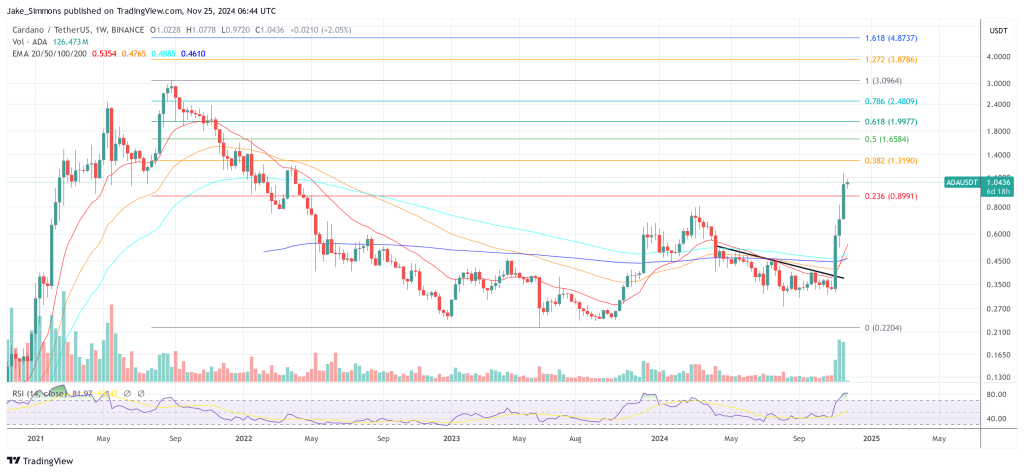
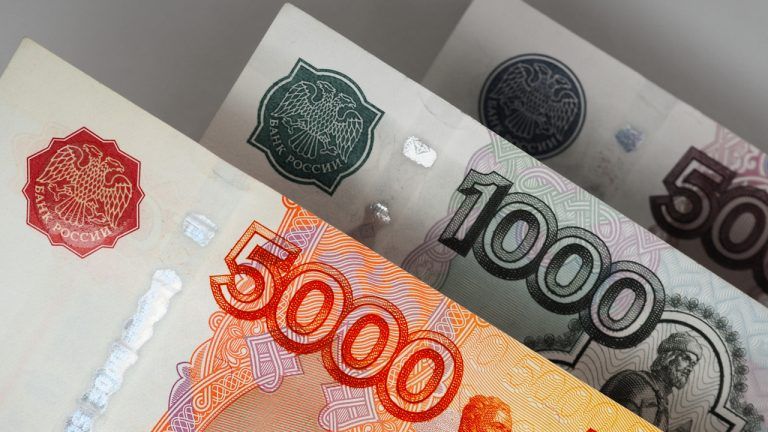
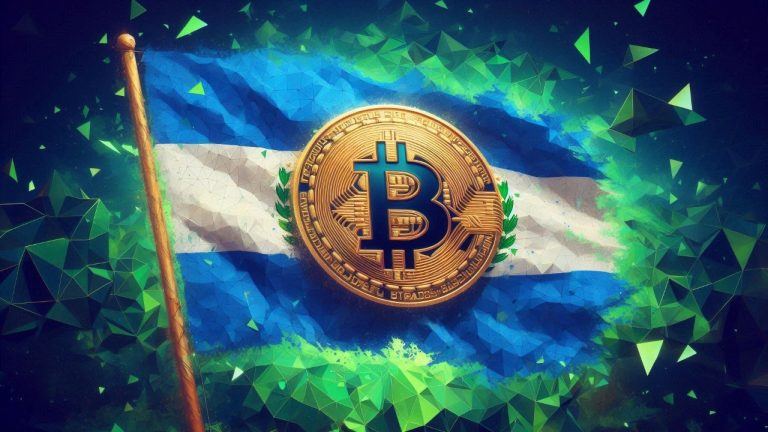
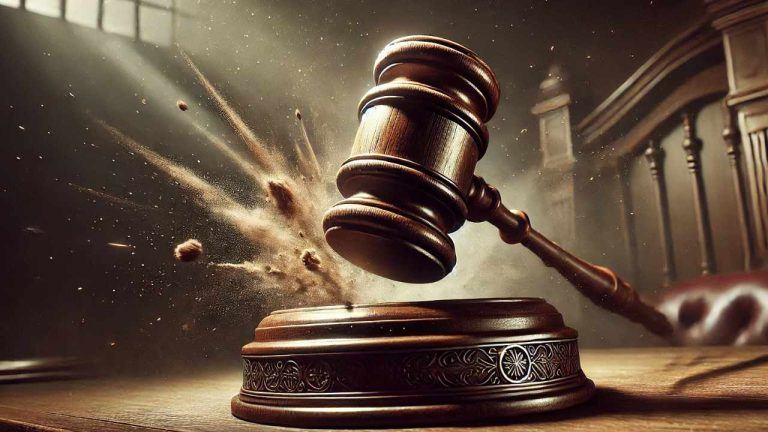
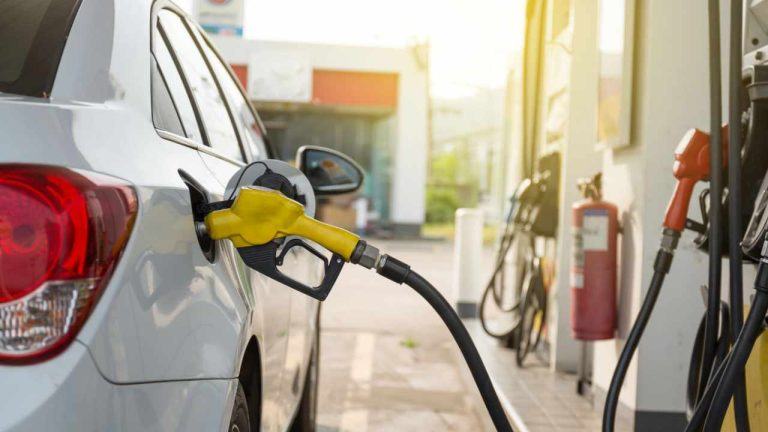

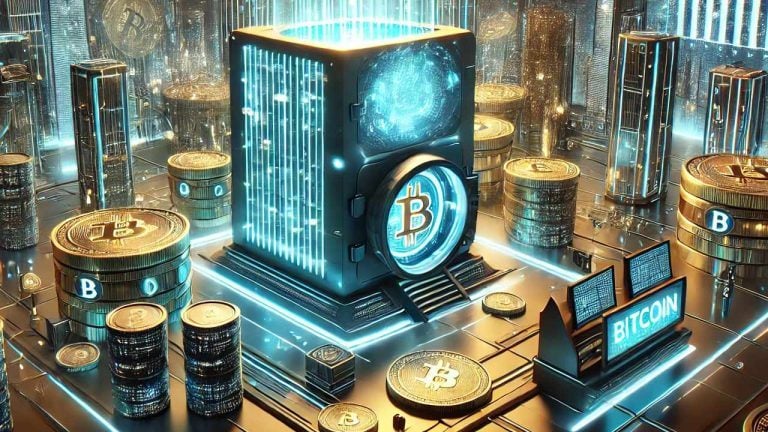

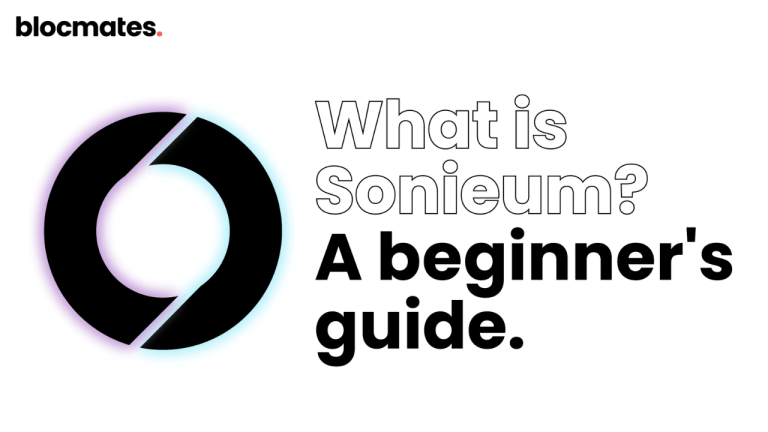
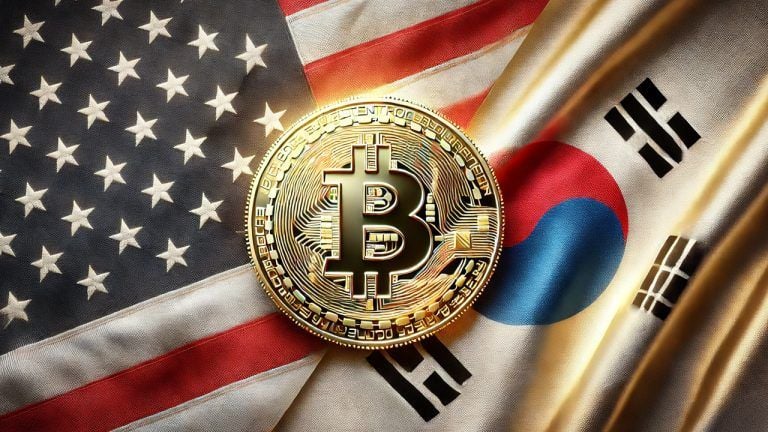

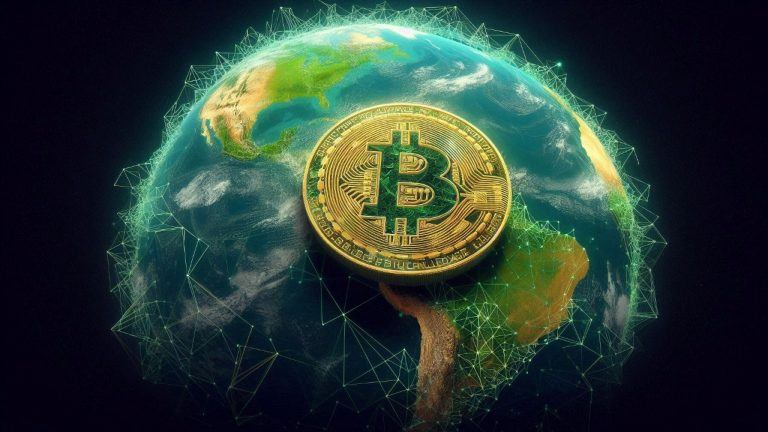
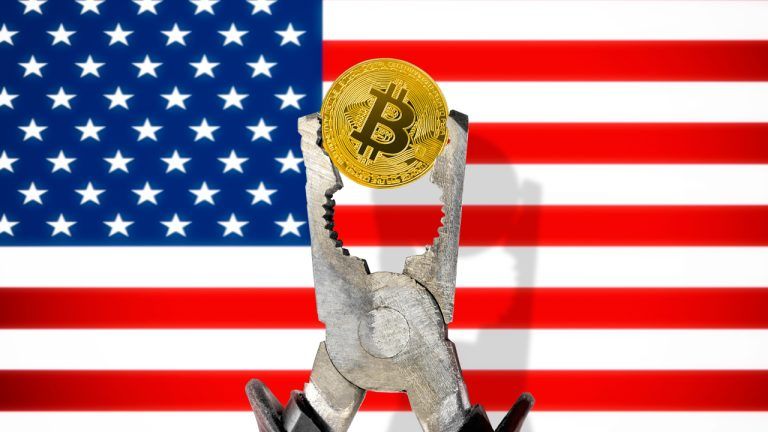


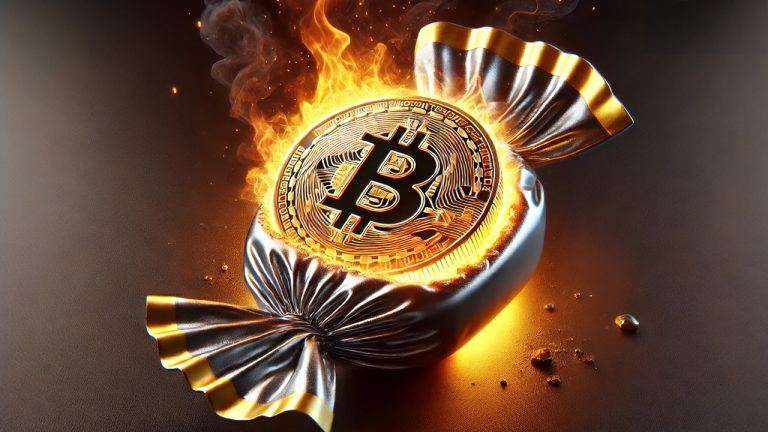
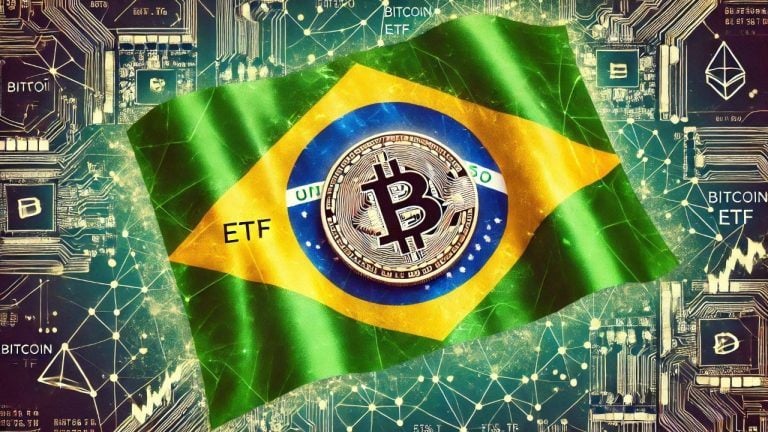

Comments